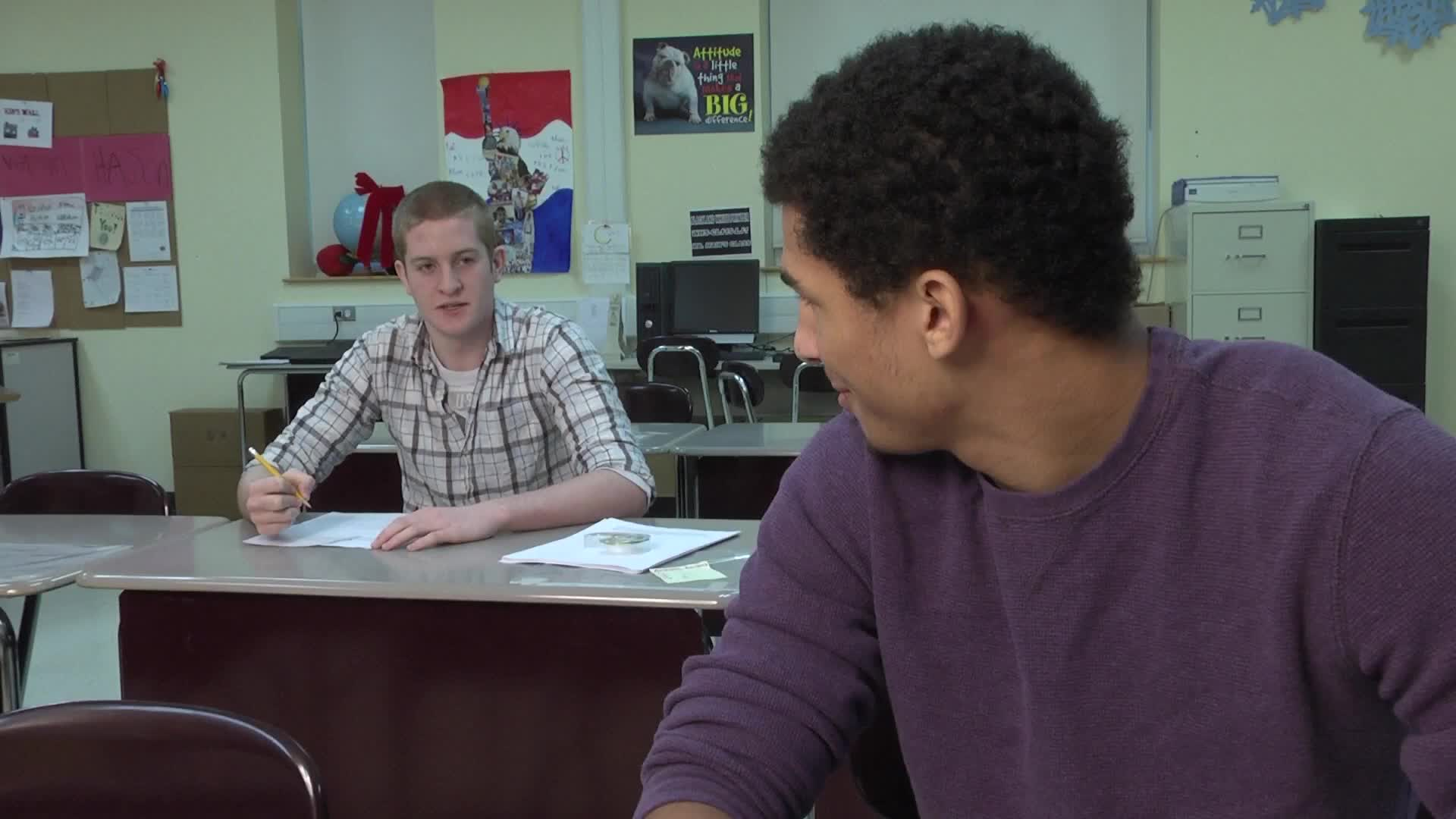
Introduction
As educators, we understand that our students rely on daily routines for a sense of stability and predictability. However, life doesn’t always follow a set schedule, and it’s crucial for students to learn how to adapt to changes. In this blog post, we’ll explore how to help students like Ryan, who struggles with changes to his daily routine, develop the skills to handle unexpected alterations in their schedules. This post will cover a no-prep activity, discussion questions, related skills, and next steps for further exploration.
No-Prep Activity
This activity, called “Switch It Up,” requires no preparation or materials and can be easily implemented in the classroom. The goal is to help students practice adjusting to changes in their schedules.
- Begin by having students participate in their regular classroom activities.
- Without warning, announce a change in the schedule (e.g., “Instead of math, we’ll be doing a group activity.”)
- Observe how students react to the change and encourage them to use coping strategies, such as deep breathing, counting to 10, or talking to a teacher.
- After the activity, have a class discussion about the experience and how students managed their reactions to the change.
This activity allows students to experience schedule changes in a controlled environment and practice using coping strategies to manage their emotions.
Discussion Questions
Use these questions to stimulate further discussions about adapting to changes in schedules:
- How did you feel when the schedule change was announced? How did you manage your feelings?
- Why is it important to be able to adapt to changes in our daily routines?
- Can you think of a time when you had to adjust to an unexpected change? How did you handle it?
- What strategies can you use to help you stay calm and focused when your schedule changes?
- How can we support each other in the classroom when we face changes in our routines?
Related Skills
Helping students adapt to schedule changes also helps them develop other important life skills, such as:
- Flexibility: Being open to new experiences and willing to adjust their plans.
- Problem-solving: Finding solutions to challenges and making decisions.
- Resilience: Bouncing back from setbacks and maintaining a positive attitude.
- Empathy: Understanding and respecting the feelings and perspectives of others.
Next Steps
Now that you have a better understanding of how to help students adapt to changes in their schedules, it’s time to put these strategies into practice. To help you get started, we encourage you to sign up for free sample materials that cover this skill and other essential social-emotional learning topics. By incorporating these resources into your teaching, you can help your students build the skills they need to navigate life’s ups and downs with confidence and resilience.

